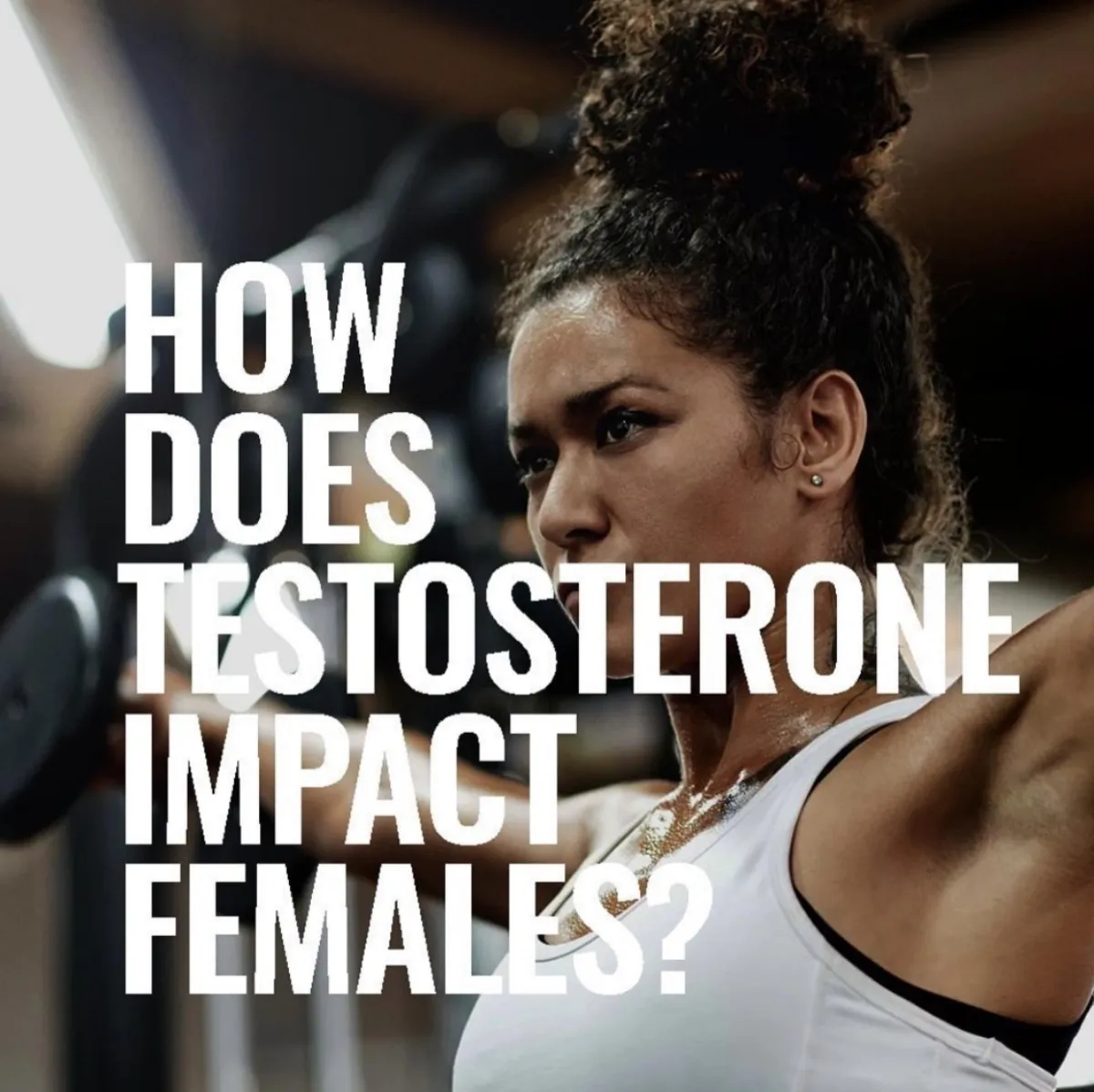EDUCATION

How does Testosterone Impact Females?
HOW DOES TESTOSTERONE IMPACT FEMALES?
Testosterone plays an important role for women on everything from sex drive to bone health.

Although not in the same abundance as men, women also produce the androgen hormone testosterone in their ovaries and adrenal glands. Women need small amounts of it as part of the mix of hormones that keep mood, energy levels, sex drive, and bodily functions running smoothly.
What Impact Does Testosterone Have on Women’s Bodies?
Normal levels of testosterone have multiple functions on the overall health of women:
It keeps bones healthy. The correct amount of testosterone supports bone growth and strength, while too much or too little can harm them. Studies have shown that both testosterone and estrogen are essential for bone formation.
It promotes cognitive health. According to guidelines published in 2014 by the Endocrine Society, testosterone has a neuroprotective effect in women. One study cited by the Endocrine Society noted that post- menopausal females with Alzheimer’s disease had lower levels of testosterone and estrogen than the control group. Another found that higher testosterone levels in the plasma of premenopausal women was linked to better performance in mathematical and spatial-relations tasks.
It maintains sex drive. Testosterone is known as a male sex hormone, but women have levels of the hormone in their system as well — just as men have low levels of estrogen in theirs. The hormone is part of what drives desire, fantasy, and thoughts about sex, and even helps provide the energy for sex in women.
What Happens When a Woman’s Testosterone Levels Are Low?
Testosterone levels decrease somewhat between the ages 20 and 40 in women, but there does not appear to be an abrupt and profound reduction (similar to that of estrogen) at the time of menopause.
Still, some post-menopausal women experience lower testosterone levels that can cause a decrease in sex drive. In some women, testosterone patches have been found to improve libido.
Low testosterone levels can also cause other health issues, such fatigue, and increased risk for bone loss, osteoporosis, and fractures.
Testosterone can be important in women for bone density and muscle mass, cognitive function, mood, sexual function, and energy. Adequate levels of testosterone are important for the maintenance of musculoskeletal health and possibly vascular and brain function.
GENERAL DISCLAIMER
These services have not been evaluated by the Food and Drug Administration. These products are not intended to diagnose, treat, cure or prevent any disease. The material on this website is provided for informational purposes only and is not medical advice. Always consult your physician before beginning any therapy program. Any designations or references to therapies are for marketing purposes only.






